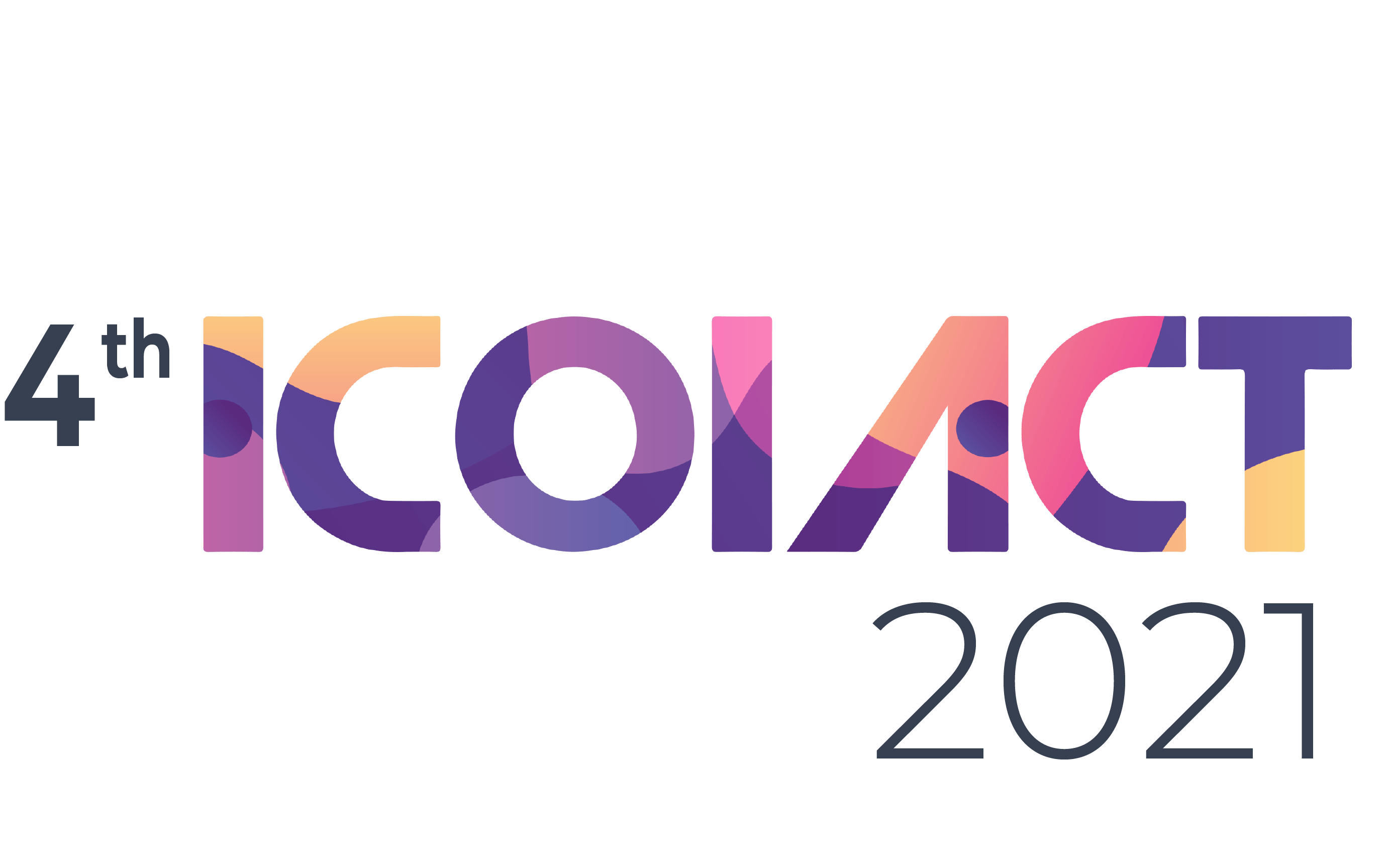
Chief Technology Officer VENAKA MEDIA LIMITED, United Kingdom
Please CLICK HERE to download the presentation.
| Dr. Krishna Chandramouli is Chief Technology Officer at VENAKA MEDIA LIMITED, United Kingdom Dr. Krishna Chandramouli, PhD (Lon), PhD (Lon), M. Tech, B. E, MIET, is a technical director at Venaka Media Limited, UK. He has more than 15 years of research and innovation experience in the field of computer vision technologies, software architecture models and cybersecurity. He holds dual PhD degrees from University of London in 2009 with specialization in Semantic Video Analytics and in 2019 on the interoperability of metadata models. He is a recognized expert in the use of video processing for semantic analysis of multimedia content. His expertise on Big Data Analytics has been gathered over many years of participation in several international benchmarking activities that are related to Media standardisation as MPEG. In the year of 2020, he has been nominated to chair Quality and Standardization (WG3) of Leading Platform for European Citizens, Industries, Academia and Policymakers in Media Accessibility (LEAD-ME) project (CA19142) representing UK COST. His on-going contribution to the field of Media Accessibility will facilitate establishing cross-cutting priorities in AI and Interactive Technologies within Europe and beyond. Dr. Chandramouli has executed several research projects in the domain of knowledge representation for geospatial content analysis, media transmission and forensic security for big-data platform. He has published more than 60 publications in highly reputed peer-reviewed conferences, journals, books with IEEE, ACM and Springer. He is a member of IET, IEEE, IEEE Computer Society, ACM and ONF. He has also organised special sessions in CBMI 2017, ICMR 2018 and is a guest editor of Large-scale multimedia signal processing for security and digital forensics special issue with Multimedia Tools and Application (MTAP) journal published by Springer. His current research interests include machine learning, big data video analytics, media engineering, time series analysis, information science, knowledge modelling for surveillance applications, and evaluating human factors in strengthening cyber security defences against novel cyberattacks. |
Influence of Human Factors on Cyber security within healthcare organisations Abstract : Digital transformation is a term used to describe the holistic effect created by a software application that fundamentally transforms a particular domain. In the historical context, digital transformation was adopted within the healthcare industry with examples including the system integration of health information systems and cybersecurity measures for networked medical devices. Following the recent scientific innovations in the domain of machine learning leading to the re-birth of Artificial Intelligence (AI), there is an increasing amount of evidence on the benefits of digital transformation within healthcare sector. While such a digital transformation was inevitable, the ongoing COVID-19 pandemic has expedited the adoption rate of such Information and Communication Technologies (ICT). As a result, the healthcare reliance on non-clinical healthcare technology management (HTM) professionals has become critical. HTM personnel offer expert consultation on the utilisation of healthcare facilities by clinical staff and overseeing the maintenance and operation of medical devices throughout their life cycle. The technical experts integrate health technologies, offering the ability to leverage medical technologies to provide better and safer patient care. According to the technical series published by World Health Organisation (WHO) on primary health care ICT is increasingly becoming common place with the introduction of smart phones, tablets and laptop computers. The use of AI technology has enabled allows people to manage their health more effectively, better ways of diagnosing diseases, to monitoring the impact of policies on population health, digital technologies for health are influencing how health services are delivered and operated. However, one of the biggest barriers to the adoption of digital transformation strategies is cybercrime, which is responsible for exploiting the vulnerabilities of systems as well as human-attributed weakness. Cybercrime emerged in the late 1970s as the computer information technology (IT) industry took shape. What began as spam eventually transitioned into computer viruses and malware (e.g.,WannaCry). The health industry is an attractive target for cyber criminals, as health documents contain sensitive personal and financial information. In this keynote, I will summarise the different types of cyberattacks encountered by healthcare and clinical environments along with organisational defence strategies against such cyber threats. I will also provide insights into different methodologies adopted by different healthcare organisations for conducting cyber risk assessment. Finally, the role of human factors in strengthening cyber defence of a healthcare organisation will be analysed along with preventive strategies to be adopted to maintain cyber hygiene. |

